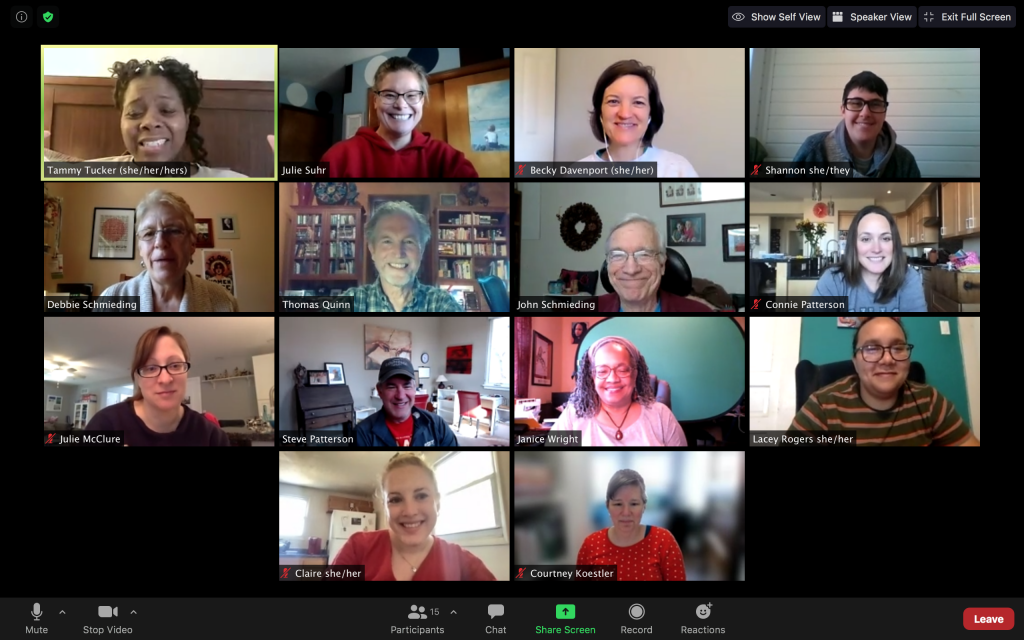Athens City Council declared racism a public health issue in a resolution signed on June 22, 2020. According to John Schmieding, a retired Athens resident, many people still believe that racism is not a problem in Athens County. That is why Schmieding felt the need to start an anti-racism book club that strives to educate the community on not only recognizing racism but also how to be actively anti-racist.
The club met over the summer of 2020, and the participants consisted mostly of Athens teachers and school faculty. The meetings took place on Zoom once a week over an eight-week period. There were six different groups of approximately 10 people, each led by a facilitator. The book that the club discussed was Stamped: Racism, Antiracism, and You by Jason Reynolds and Ibram X. Kendi.
The book covers the history of racism in America and why it still lingers in our lives today. It also educates people on how to actively be anti-racist in different situations of everyday life.
The Importance
Schmieding had an interest in starting this club after an incident two years ago at Athens High School when a racial slur was used toward a Black student. The two students got involved in a fight, but both were disciplined equally, without taking into context the slur that was used.
“A lot of people I think have had the impression of ‘oh not in Athens’ you know, that Athens is somehow this bubble where these sorts of things don’t happen and of course that is not true,” Schmieding says.
The club got more traction after the killing of George Floyd while in the custody of Minnesota Police and the rise of the Black Lives Matter movement in June 2020. Schmieding started the club through the Athens Community Relations Commission, a volunteer commission on which he is a co-chair. The commission got in contact with Athens City School District superintendent Tom Gibbs, who was eager to start something that dealt with racial equity.
In the past two years, the Athens City School District has put faculty through training on implicit bias and how to have some difficult conversations surrounding race with their students. But Gibbs saw this book club as an opportunity to take this training further in a less professional and more open setting.
“Our world has become much more diverse and we have been more welcoming of that diversity, and I believe strongly that it is our responsibility as public educators to be the leaders in this regard,” Gibbs says. “And my experience tells me that just having more informal settings where folks can just talk about the topics and talk about experiences that they have had personally and with the students in their classes and creating those safe spaces to do that goes a whole lot further in the long term than just having a Monday training.”
The school district found this book club so important that it provided a grant, providing the books and paying the facilitators to lead the book club. The club also received a grant from the Athens Friends Meeting, which is a Quaker group that worships in Chauncey. The group identifies as a faith-based community actively involved in an inner search for divine guidance, as well as outreach work for peace, equality and social justice.
What’s Next
Schmieding is very happy with the feedback he has received from the summer club and has been excited to see the new group. He says that one participant even told him the club changed their life.
The book club started a second session during the last week of February, reading the same book with a different round of four groups of teachers, community members and anyone who wishes to join. The new group will include Mayor Steve Patterson and Athens Human Resources director, Ron Lucas.
